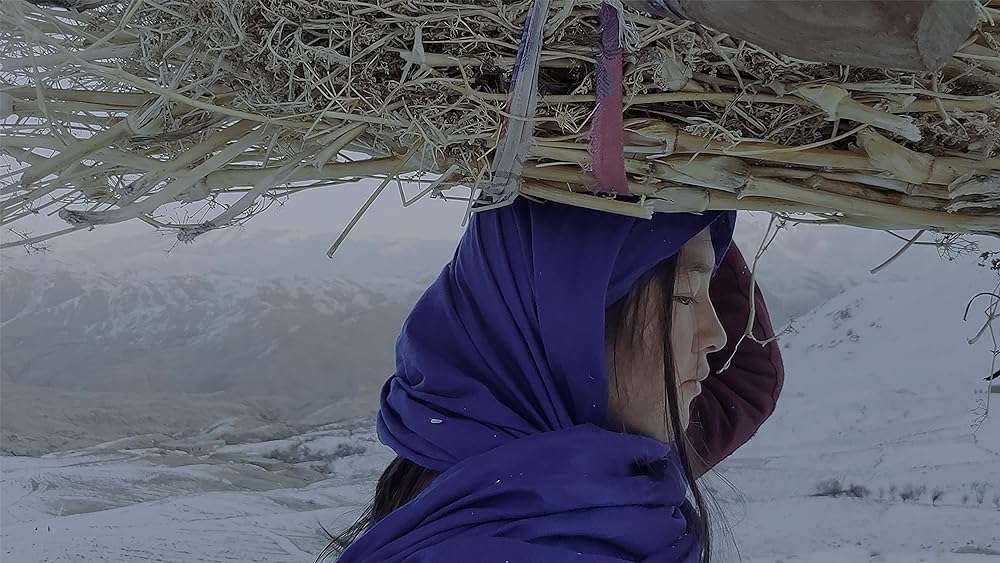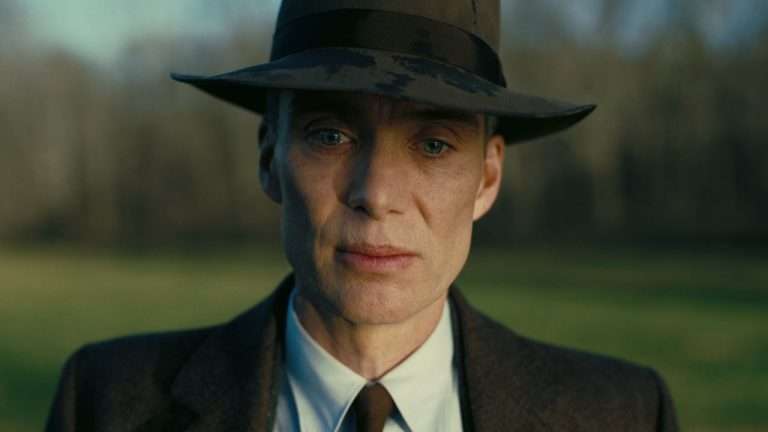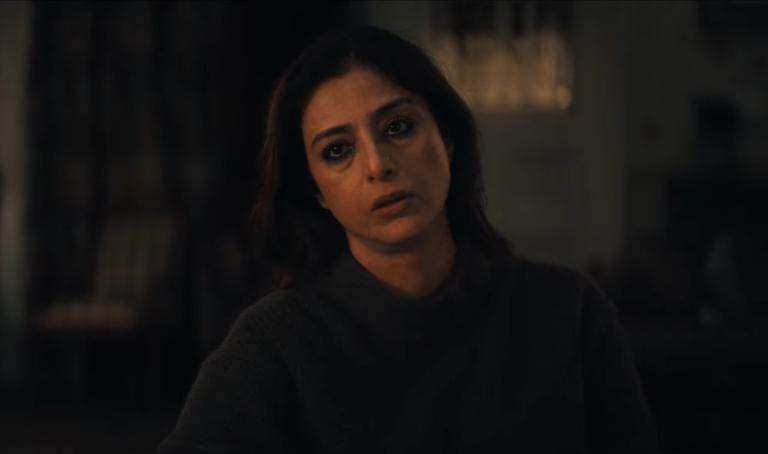Kamay is premised on a few of the oldest and most fundamental questions. Who gets the right to pursue justice? At what point does this right become mired in the ceaselessly complicating matrix of access and privilege? How do we then make sense of justice if it is spiked with so many determinants that securely skew it towards the historically advantaged? Ilyas Yourish and Shahrokh Bikaran’s film is a trenchant examination of historical deprivation and oppression narrated in a mournful register. There’s such a well of sadness here it can genuinely freeze your heart.
It’s a story of relentless, cyclical tragedies, reiterating the devastating precarity of the community walled into shrinking spaces by brutish, iniquitous systems denying them dignified existence. The film zooms in on a family hailing from the community of Hazaras living in central Afghanistan’s Daikundi. The opening prefatory intertitle sets the historical context. This is a community that had registered its resistance to the despotic reign of the Afghan Amir back in the nineteenth century and thereby been met with systemic massacre. More than half of the population was slaughtered. The Hazaras’ defiant expression of autonomy has always been driven out of existence and as the film leaps to the present day, instances shown starkly indicate any pushback wouldn’t be having a happy, hopeful fate either.
The portrait presented by the directors of their own community is entirely and forbiddingly grim. We meet the family of Khawaris when they are plunged into bereavement over their daughter, Zahra, who killed herself at Kabul University. Literally and metaphorically, Kabul is a long way from the remote mountainous region of Daikundi, the connecting road fraught with numerous dangers. At several stops along the way, especially Jalriz, the Taliban hover discreetly, but nothing escapes their notice. Nor does it elude our attention that Zahra was one of the first from the family to receive a supposed ‘education without discrimination.’ Yet discrimination continues in ugly, hidden, and outrightly blatant forms, spread across academics, bureaucracy, and the legal rigmaroles cleverly set up to perpetuate the community’s helplessness. Being increasingly aware of their powerlessness, the family slips into a deepening, doleful layer of reality.
The film’s guiding voice is Zahra’s younger sister, Freshta, who’s poised to leave Daikundi for her higher studies. Through her, the film articulates all the pent-up grief lodged within the shattered heart of the family. She wonders why her sister never shared much about her life in Kabul. All she was privy to was how sincere and single-minded Zahra was in her studies, which was neither acknowledged nor reciprocated.

The parents fervently wish for her not to get into Kabul University, having intimately experienced how cruel the space could be. It is isolating, and that a student can very well crumple under the ruthlessness of professors, wilfully blasé about their vicious indifference, is on the precipice of actualizing. Where’s the basic emotional understanding and aid students deserve?
This is just one of this incisive film’s several interrogating intentions. Even if there is a groundswell of support and empathy for the unfairly treated, do supposed allies show readiness in promising to stick through when cases make the court rounds? Abandoned in their tragedy, the Khawaris come to realize and accept the growing possibility that the teacher may as well go scot-free. Freshta remarks she is beginning to hate justice. But she is clear-eyed in that she must extricate herself from being permanently confined to Daikundi despite the lack of a safe space elsewhere.
Life and work in Daikundi are physically exhausting. Both the young and the old in the family toil the land. Soon enough, everything is snow-logged, and the family grapples with sustaining themselves. The conditions are pitiless, exacerbated furthermore by the ever-looming threat of the Taliban invasion. That they may be evicted from their own homes and give up their land shapes up to be an imminent reality. However, as long as they can, the Khawaris stretch their stay.
In Kamay, the directors show the face of resilience and fortitude but one accentuated with the price it entails. The family is hit by rock-bottom situations. When there is a court hearing the next morning in Kabul, they are casually informed over a call barely the night before, despite the extraordinary, perilous road journey. Kamay blazes with insistence and immediacy as it skitters to a conclusion rife with a terrifyingly escalating future. We mustn’t look away.
Kamay premiered at the 2024 Visions du Réel Film Festival.
Kamay (2024) Movie Links: IMDb, Vision du Reel






![The Courier [2021] Review: Typical Spy Fare](https://79468c92.delivery.rocketcdn.me/wp-content/uploads/2021/05/the-courier-768x458.png)

![The Peanuts Movie [2015]: A kite-chase down nostalgia lane!](https://79468c92.delivery.rocketcdn.me/wp-content/uploads/2015/12/PeanutsMovieNewB06-16-15.jpg)